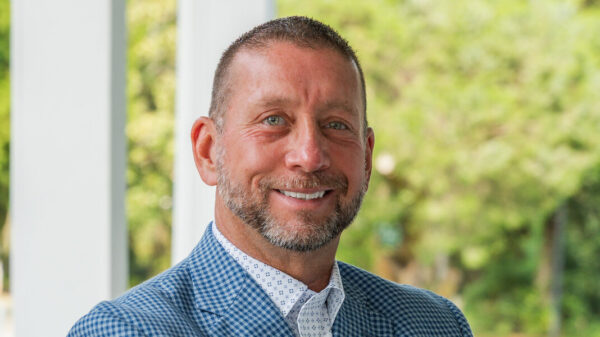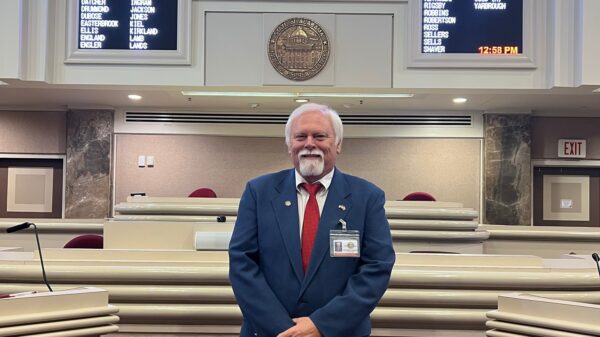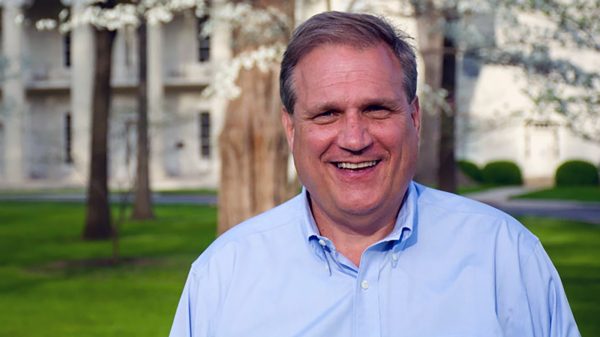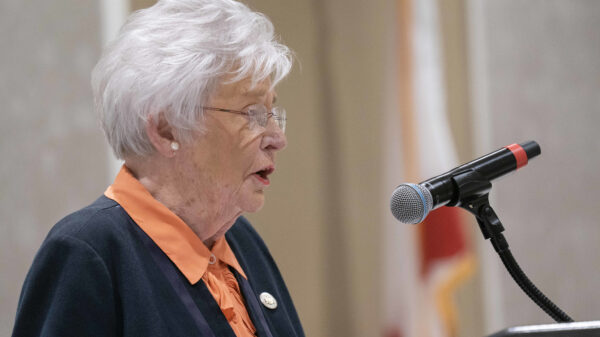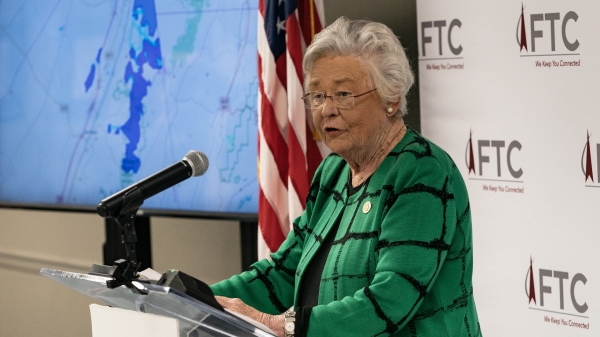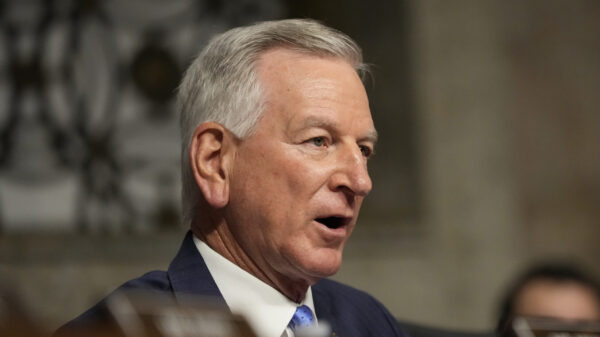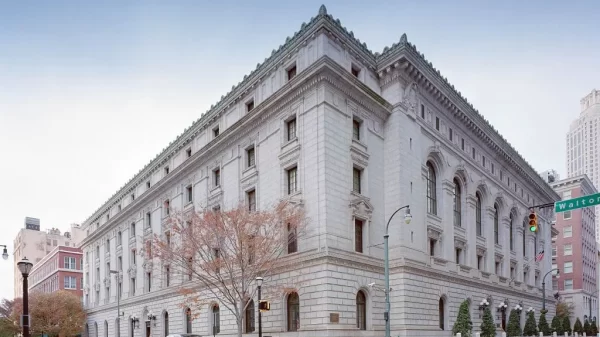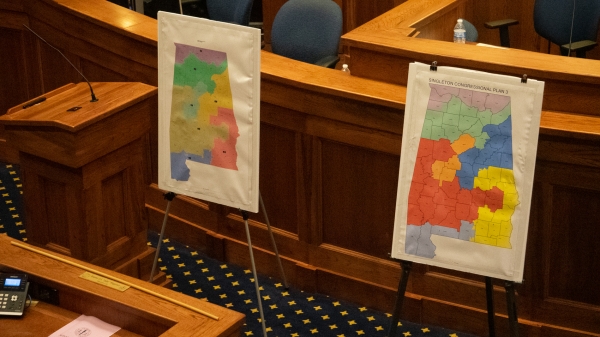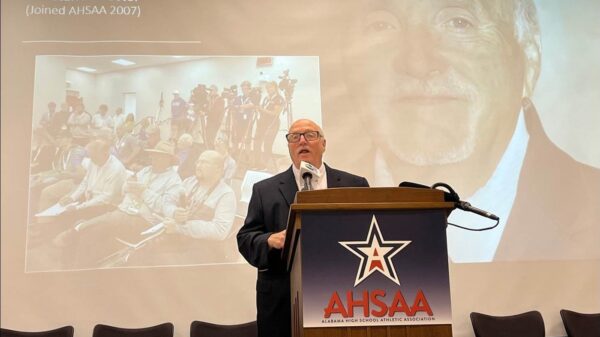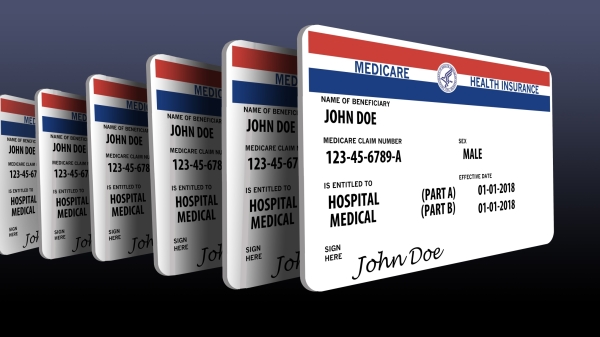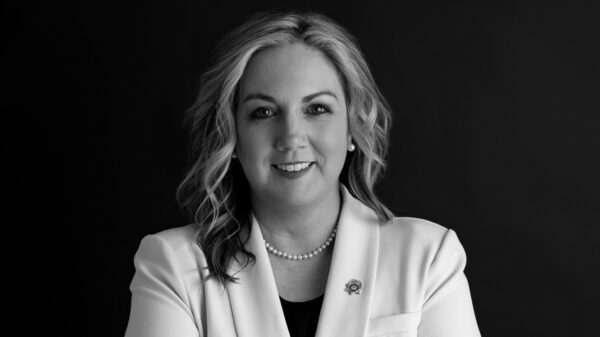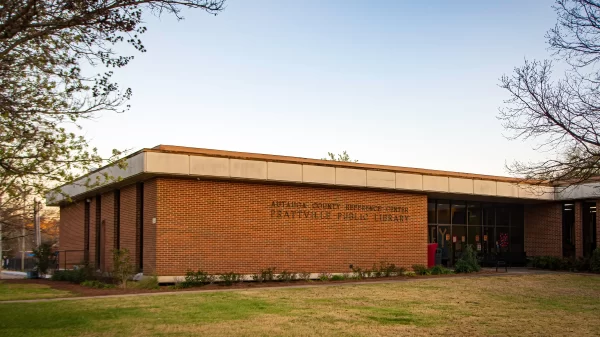In a closely contested decision, the Eleventh Circuit Court of Appeals, on Wednesday, has denied the request for a full court rehearing in the case challenging Alabama’s ban on healthcare for transgender adolescents. The decision, which saw four out of eleven judges dissenting, upholds a 2023 panel opinion that reversed a federal district court ruling. The district court had previously granted the plaintiffs a preliminary injunction, temporarily blocking the enforcement of the law.
The 2023 panel opinion, which is now affirmed, concluded that Alabama’s ban does not discriminate against transgender individuals nor violate the fundamental rights of parents to make medical decisions for their children. The ruling directly overturned the district court’s earlier decision that had sided with the plaintiffs, who sought to prevent the law from taking effect.
In a strongly worded dissent, Judge Rosenbaum criticized the majority’s decision, stating, “The panel opinion is dangerous and wrong. Make no mistake: while the panel opinion continues in force, no modern medical treatment is safe from a state’s misguided decision to outlaw it almost regardless of the state’s reason. Worse still, if a state bans a post-1868 treatment, no patient has legal recourse to provide their child with that necessary, life-saving medical care in this Circuit. And if an individual can’t access a medical treatment because of their sex or transgender status, they are similarly without recourse.”
Judge Jordan also dissented, warning of the broader implications, “The panel’s decision necessarily means that the fundamental right of parents to obtain medical treatment for their children extends only to procedures and medications that existed in 1868, and not to modern advances like the polio vaccine, cardiac surgery, organ transplants, and treatments for cancer.”
Judges Wilson and Jill Pryor joined in dissenting from the denial of rehearing.
Despite this setback, the plaintiffs’ fight is not over, as their case seeking a permanent injunction to block the law is still pending in district court. The legal battle is also gaining national attention, with the United States Supreme Court set to hear a case challenging a similar law from Tennessee later this year.
In a statement, the counsel representing the plaintiff parents and youth expressed disappointment but remained hopeful, “We are disappointed by the decision, but encouraged that nearly half the court dissented from the denial of rehearing. We are also encouraged by the strong dissenting opinions, which are consistent with the view of most judges who have ruled in similar cases across the country. As the dissenting judges point out, the panel’s decision is not only wrong, but dangerous. Families, not the government, should make medical decisions for children. We will continue to challenge this harmful measure and to advocate for these young people and their parents. Laws like this have no place in a free country.”
The plaintiffs are represented by the Southern Poverty Law Center (SPLC), the National Center for Lesbian Rights (NCLR), GLBTQ Legal Advocates & Defenders (GLAD), and the Human Rights Campaign (HRC), along with co-counsel King & Spalding LLP and Lightfoot, Franklin & White LLC.


